Thinking about the survival of mankind
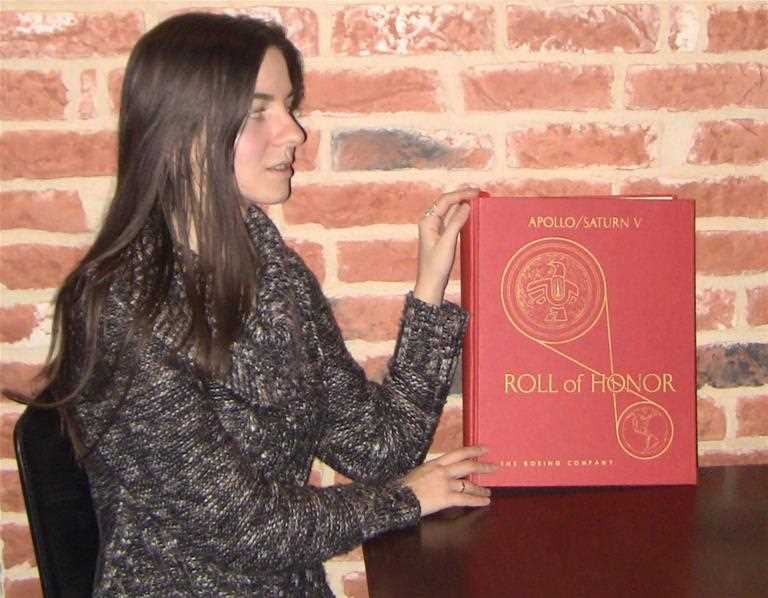
In the spring of 1961, the Cold War gave birth to the exciting and impressive Apollo/Saturn V project. John F. Kennedy committed the United States to achieve the goal of landing before the end of the decade a man on the Moon and returning him safely to the Earth. The dream became true helped by the fact that peace lasted. It can be appropriate to think of the Greek philosopher Heraclitus who one hundred generations ago stated that “War is the Father and Peace is the Mother of all things". The Moon was visited more than once but forty-two years have now passed without further visits. A new goal is the colonization of space and the Moon is then of less interest than the planet Mars.
Today, a huge number of man-made satellites orbit our blue planet. Space achievements hold in many ways the key to our future against which there are serious threats warned about in think tank reports. A country that commits itself to provide a City of the Future focused on thinking about the survival of mankind* could expect both interest and investments from other countries. Recognizing that "two heads are better than one", it would be natural to welcome thinkers of all ages and cultures. A careful choice of the geographical location could guarantee them and their thoughts safety and security. Minimizing the risk of man-made as well as natural disasters, the location should preferably be chosen among some sparsely populated areas in the north and the south hemispheres.
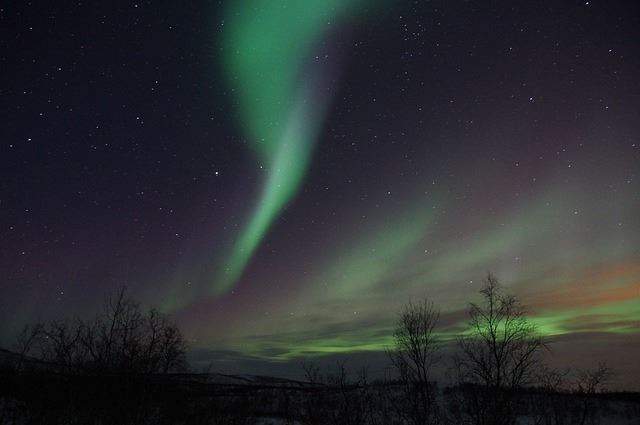
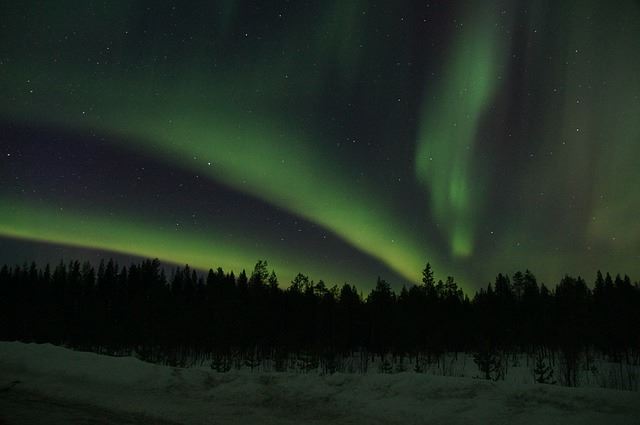
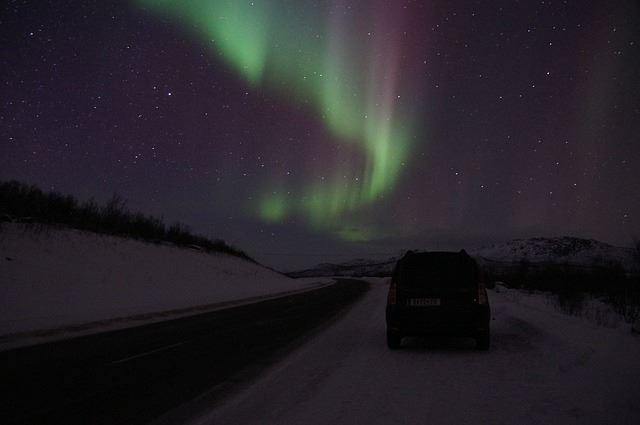
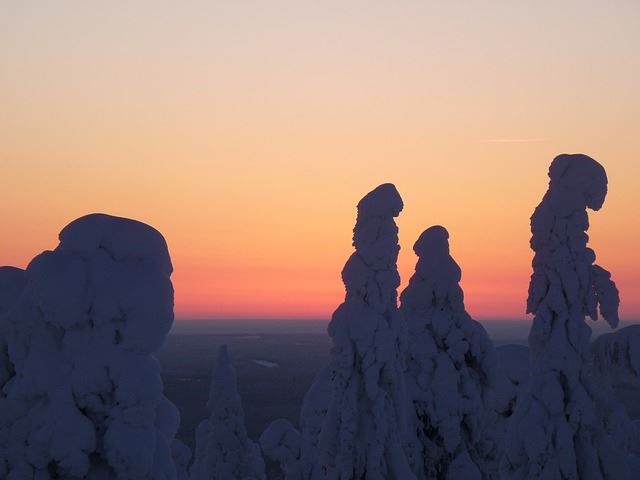
Situated in the Swedish region of Laponia, Kiruna covers 20 000 square kilometres and has once been called the largest city on Earth. It was planned as a model city and its mines have during two world wars provided large quantities of high-quality steel. Since the mines are to be expanded, the core of the city is now being moved. Named the Space Capital of Europe**, Kiruna could be a perfect location choice for the City of the Future and a commitment would not meet much resistance. That is fortunate in the light of a statement found recently in a folder about the MBA delivered by the Stockholm School of Economics: "When speaking about Sweden, courage is not a word mentioned very often ...".
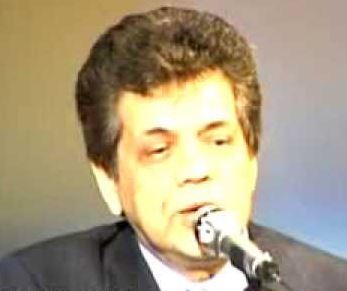 In the south hemisphere, Argentina and Chile share Patagonia that corresponds in many ways to Laponia in Sweden and permits planning for the City of the Future an even larger area than 20 000 square kilometres. The worldwide admiration of Patagonia makes it probably an even better choice than the Swedish region of Laponia. And the City of the Future could there become the Space Capital of the south hemisphere in another and broader sense than rocket launches. Two generations after the Apollo/Saturn V project, an idea exists in Argentina about this exciting use of Patagonia as described by the composer and singer Mariano Catán, a citizen of both Argentina and Sweden. He sees strong-willed women as the driving force behind the birth of the Olympic Games more than 100 generations ago and bringing forth the realization of the City of the Future:
In the south hemisphere, Argentina and Chile share Patagonia that corresponds in many ways to Laponia in Sweden and permits planning for the City of the Future an even larger area than 20 000 square kilometres. The worldwide admiration of Patagonia makes it probably an even better choice than the Swedish region of Laponia. And the City of the Future could there become the Space Capital of the south hemisphere in another and broader sense than rocket launches. Two generations after the Apollo/Saturn V project, an idea exists in Argentina about this exciting use of Patagonia as described by the composer and singer Mariano Catán, a citizen of both Argentina and Sweden. He sees strong-willed women as the driving force behind the birth of the Olympic Games more than 100 generations ago and bringing forth the realization of the City of the Future:
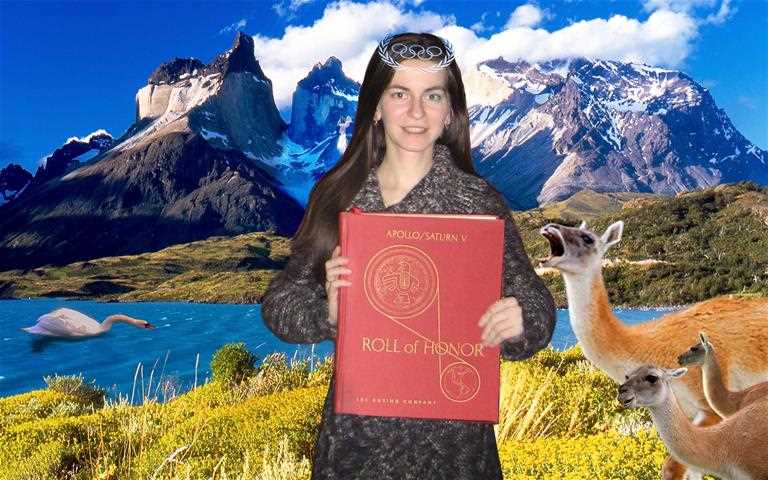
Like the idea of landing a man on the Moon and returning him safely to the Earth, courage is needed for the realization.
Besides recognizing the possibility of one or another unexpected threat, thinking about the survival of mankind should consider the future with regard to the colonization of outer space, global climate changes, natural disasters, population growth, loss of biodiversity, difficulties in the prevention of diseases and of war, threats from artificial intelligence, etc. Artificial intelligence is by some researchers, among them the well-known cosmologist Stephen Hawking, believed to become in outer space as well as on Earth the worst of all threats. That possibility was discussed among my colleagues when I was a teacher in the United States during the Apollo/Saturn V project so it is not a new and unexpected threat. My interest was captured but it became focused on other things after that I had visited two Space Capitals, one where rockets were launched and another where they were constructed with vital contribution from my brother Roy H. Wern who is given a place on the Apollo/Saturn V Roll of Honor. Four years later at a university in South America, I had as a teacher in telecom the pleasure to explain in detail how it was possible to receive there the real-time images showing the first man walking on the Moon. 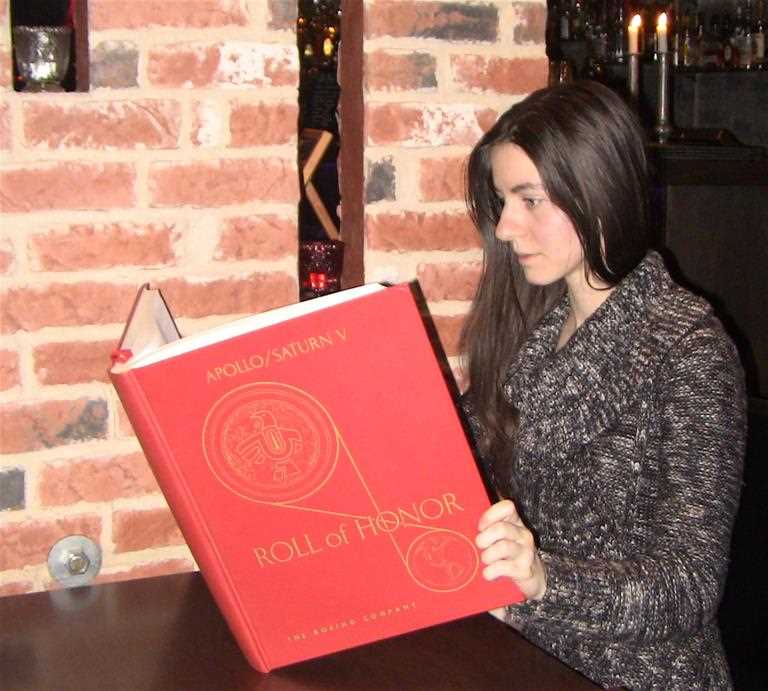 It is inspiring to read the editorial preface of the Apollo/Saturn V Roll of Honor dated January 30, 1970:
It is inspiring to read the editorial preface of the Apollo/Saturn V Roll of Honor dated January 30, 1970:
"This book is representative of the openness in the reporting and communications which was prevalent throughout the United States space project. Knowledge gained from this project was made available to all nations. Hopefully, the openness will result in a lessening of hostility and fear and will continue to foster an international spirit of accord and communication which will lead to a peaceful world for all mankind."
At the time no single project on Earth was considered more important. While less difficult to accomplish, the realization of the City of the Future focused on thinking about the survival of mankind could as pioneering projects in Laponia and Patagonia initiate another of man's greatest adventures.
Notes:
* A similar title as above leads to a text I recommend: "Thinking about the future".
** One generation ago, a foundation started by the Swedish government for development of the region invested in my technology transfer work at that time.

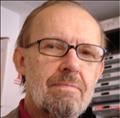

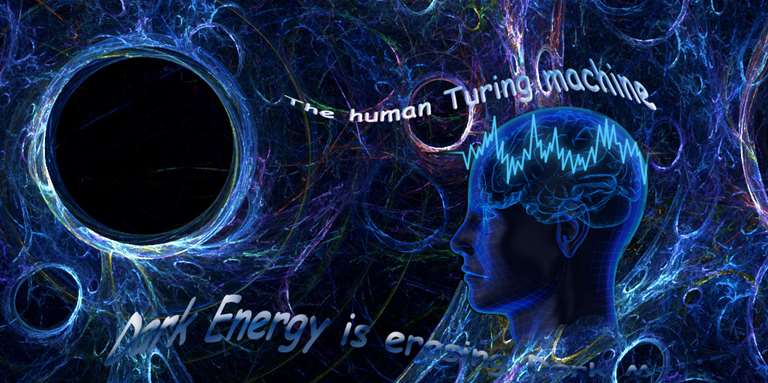
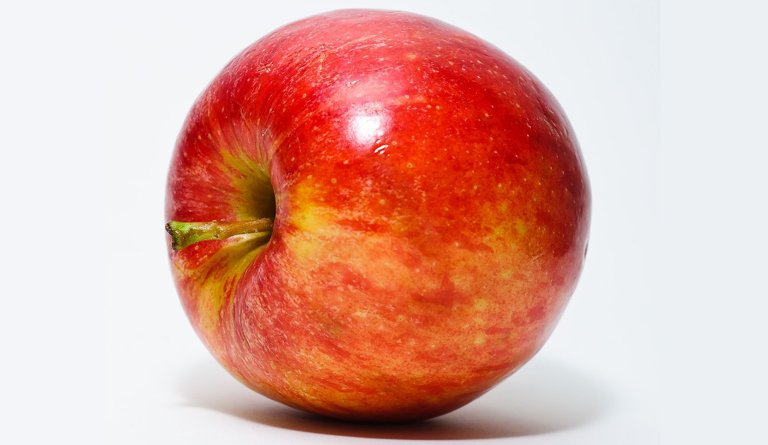


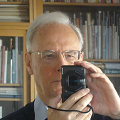

Thinking about the survival of mankind
Edited: Thursday, 9 April 2015
Comments